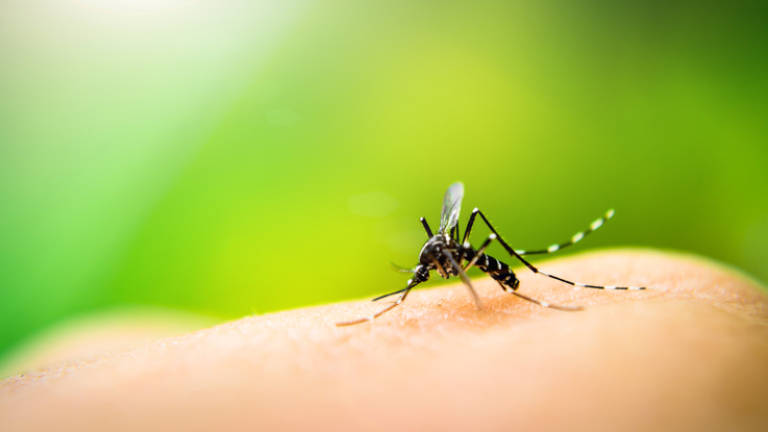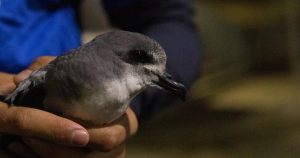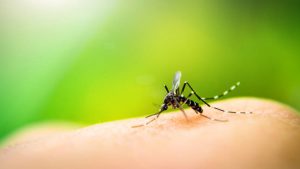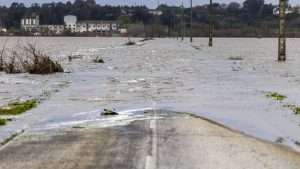The Regional Directorate of Health (DRS) is promoting its ‘PrevMosquit. Your Action is Important,’ campaign to prevent and control the Aedes aegypti mosquito.
This initiative aims to promote awareness of the health risks associated with mosquitoes and strengthen prevention measures.
“Aedes aegypti bites when infected, can cause diseases, such as Dengue, Chikungunya (causes fever, severe joint and muscle pain which causes those affected to stoop. Those affected can suffer severe arthritis for months and even years), Yellow Fever, and Zika, which result in serious and potentially fatal diseases. To date in the Autonomous Region of Madeira, there is no local transmission of these diseases, however, they are emerging health problems worldwide and a growing concern at a global level.”
Therefore, the Directorate of Health (DRS) is determined to highlight the sheer power of this tiny blood-sucking monster, and the need to eradicate breeding grounds and its prevalence on the island through the following recommendations:
Protect yourself from mosquito bites:
• Reduce body exposure to bites by wearing long garments;
• avoid places of greater exposure during dawn and dusk, as it is during these periods of the day that Aedes aegypti is most active;
• Apply repellent containing up to 10% DEET (NN-diethyl-m-toluamide) for children and between 30% and 50% DEET for adults. Check with your pharmacist and read the instructions on the packages. For those unable to use or want to use chemicals on their body, coconut oil can help repel mosquitoes.
• Use mosquito nets on windows and doors.
R Recognize the Aedes aegypti mosquito:
• the adult mosquito is small (0.5cm to 1cm), black in color, with white stripes spread over the body, including the legs;
• flies low and bites during the day, especially at dawn and dusk;
• The female preferentially needs human blood for the maturation of the eggs, which are deposited in small portions of water, where their larvae and later the pupae develop until their adult stage.
And eliminate breeding sites:
• Eliminate cans, bottles, or any other types of plastic or disposable packaging that can accumulate water in gardens, backyards, surroundings of the house, or vacant lots. No matter how small these objects are (plastic cups, soft drink lids, eggshells, etc…), as long as they can accumulate water, you should properly place them in bags and put them in the rubbish;
• Keep tyres dry and covered, to avoid their exposure to rain or other water sources;
• do not grow plants in containers with water and avoid using dishes under pots (alternatively, you can fill the dishes with sand or fine gravel). This can be difficult on balconies. Ensure that you do not overwater and use saucers that fit snuggly around the pot to prevent standing water;
• Keep ornamental fountains, cisterns, and other water containers well covered. Seal, with a thin screen, those that do not have a lid;
• Treat pool water with chlorine and ensure that it is cleaned once a week. If pools or ponds are not used, they must be kept empty and covered;
• Keep gutters clean and unclogged, removing leaves and materials that may prevent water from draining;
• Animal drinking bowls should be washed and the water changed on a daily basis, more often if the weather is hot;
V Your actions are important in defeating and eliminating mosquitoes and their breeding grounds and reducing the risk of mosquito-transmitted diseases.
Samantha Gannon
info at madeira-weekly.com
Views: 5











